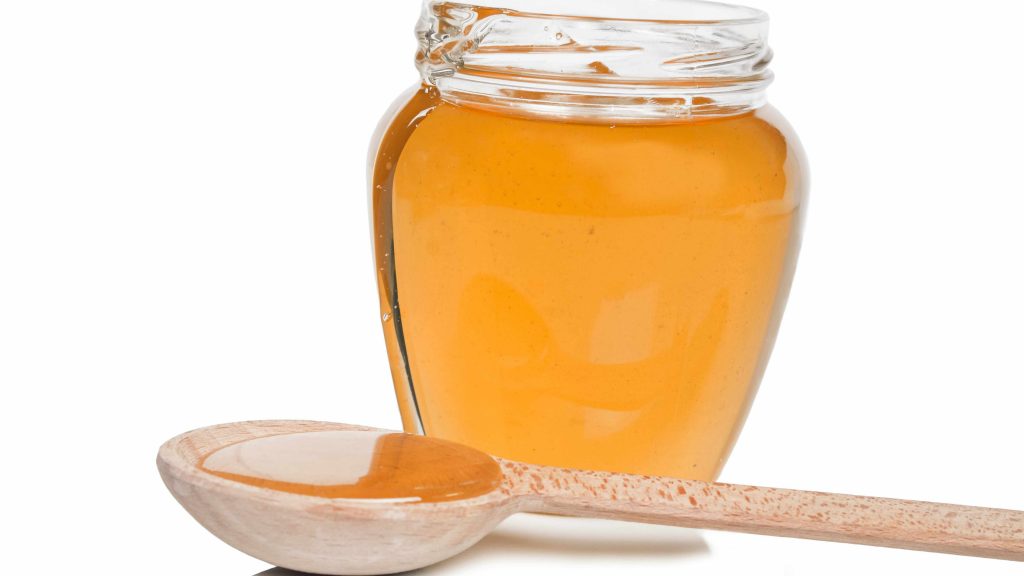Coughs due to respiratory infections such as colds are common this time of year. An effective treatment for a disruptive cough might be sitting in your kitchen pantry.
Dr. Angela Mattke, a pediatrician with Mayo Clinic Children's Center, says honey can help soothe coughs for adults and children. But, she says, never give honey to a child under 1.
Journalists: Broadcast-quality video pkg (0:56) is in the downloads at the end of this post. Please courtesy: "Mayo Clinic News Network." Read the script.
A spoonful of sugar might help the medicine go down, but the medicine is honey, in this case.
"Honey is safe for anyone ages 1 and above. And it's been shown to be effective and safe for both children and adults," says Dr. Mattke.
Adding honey to warm water or tea, or just a spoonful of honey itself can help with coughs.

"It has been shown to be more effective than over-the-counter cough medications," she says.
Honey helps by soothing the throat and coating cough receptors. Here are her recommendations for children over age 1.
"You can start with half a teaspoon to a teaspoon, some type of warm liquid. As they get older and they're able to more easily swallow the honey, you can just give it to them directly on a teaspoon," Dr. Mattke says.
She recommends using a teaspoon every two hours. And this dosage applies equally to adults.
"And if you do choose to give honey for cough suppression, we would recommend that you use pasteurized honey," adds Dr. Mattke.
Honey and babies
Honey is generally safe for adults and children over the age of 1. Avoid giving honey, even in small amounts, to infants under the age of 1. Honey may lead to a rare but serious gastrointestinal condition known as infant botulism, triggered by exposure to Clostridium botulinum spores. The bacteria from these spores can thrive and multiply in a baby's intestines, producing a potentially harmful toxin.
Related posts:
- When is a cough a concern?
- Mayo Clinic Minute: Can cold weather cause a cold?
- Mayo Clinic Minute: Why do people get sick with viruses in the winter?







